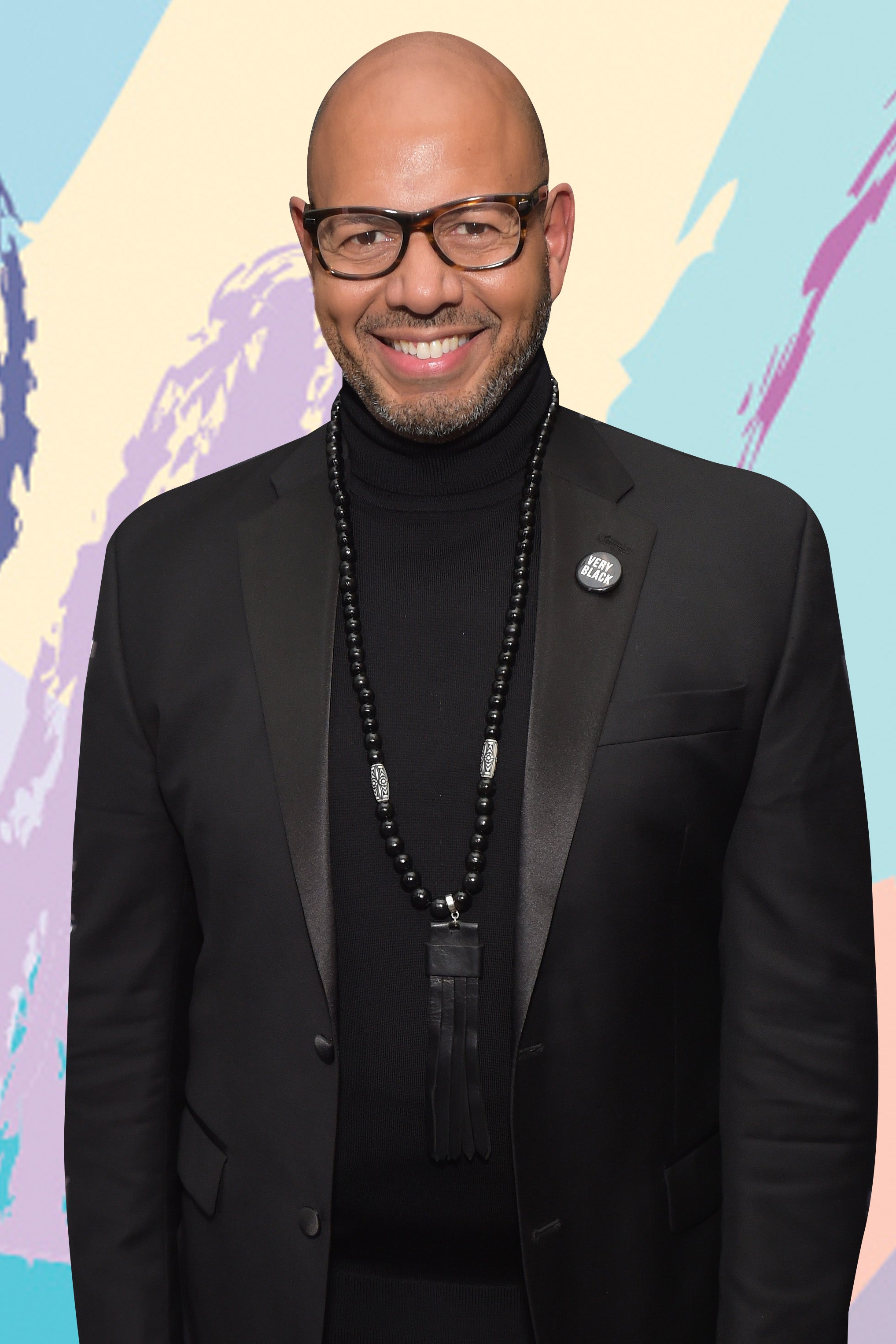
I love the man I am becoming: a combination of the great men I admire. My father, Harvey Earl Wilbekin, who was a gentleman of his word with a fierce work ethic. Wylie Ferguson, my high school art teacher, who was worldly, modeled for GQ and had studied with Picasso. Cultural icons such as Gordon Parks, André Leon Talley and James Baldwin, who were mavericks.
But it was my mother, Dr. Cleota P. Wilbekin, who shaped my character. My dad was like a best friend. My mom was and is the love of my life.
When she died last year from congestive heart failure at age 86 on June 3—20 years to the date of my father’s death—my world collapsed. For two years I had watched her go from a vibrant Capricorn to a shell of her former self. Our roles reversed, as I had to care for her like a child. This was the woman who graduated from high school at 16 after integrating the tennis team, received her bachelor’s and master’s degrees in music, married my father after meeting him on a blind date, went to law school while pregnant with my brother in the 1960’s, adopted me six years later, earned her Ph.D. and worked as a judge while juggling a family. She also participated in 13 civic and social organizations, served as our church’s minister of music, was a master quilter with pieces in the -Smithsonian and acted as historian for the National Bar Association. Boss.
I loved my mama, but the picture-perfect Instagram posts of warm embraces didn’t show the work it took for us to get there. In 1991 I was 22 and “finding myself” in New York City with mom hounding me about getting a girlfriend. I had come out to myself, but not to my parents. It’s that gray area where many LGBTQI+ people decide our sexual identity and place in the world. I found the courage to tell my parents…on the phone: “I’m gay. I like men.”
My mother screamed and recited scripture. My father replied, “I always had a feeling.” We cried. We yelled. It was horrible. “We are packing up everything and sending it to you,” my mom said. As an adopted child, I had abandonment issues. This was the worst-case scenario.
My brother, Erik, who is a cisgender (straight) man, became the glue of our family. I had come out to him the year before. He was questioning and accepting and had a request: “Don’t run away. Be patient with Mom and Dad. Educate them about your lifestyle.”
After some therapy, painful holidays and a year of little communication, I had the confidence to be my authentic self with my parents. There were awkward moments, but I was determined to live my life with pride and dignity. My mother felt that as a Black man I did not need another strike against me. Would I lose my job? Would I get beaten up? Would I die?
I came out in the middle of the AIDS crisis as the world witnessed a generation of men disappear. When I was appointed editor-in-chief of Vibe magazine in 1998, I was the first openly gay Black man to run a major publication. When we won the National Magazine Award in 2002, it was historic. A New York Times reporter interviewed me and asked if I was gay. “Well, I am now if it’s in the newspaper.” There was no turning back.
I became a poster boy for Black gay men. At Vibe I made sure we included stories about LGBTQI+ issues and HIV/AIDS and advocated for awareness. I was diagnosed as HIV-positive during this time, a fact I would hide for 14 years. My friends knew, but I didn’t tell Mom. I visited my doctor frequently and take daily medication—something I will do for the rest of my life.
Three years ago I was in India meditating on my next chapter. While journaling at a spot overlooking the Arabian Sea, I heard a voice say: Black gay men. I returned home ecstatic. I looked on my bookshelf and saw Notes of a Native Son by James Baldwin. It was the perfect name for a movement to empower Black gay men with Baldwin as an ideal icon.
At the Native Son launch in 2016, I bared my soul and shared I was HIV—positive with the room of 50 Black gay professionals, including Don Lemon, DeRay Mckesson, and George C. Wolfe. I couldn’t lead without living truthfully to my brothers. It was liberating. There was one issue—I hadn’t told my mother.
I went home to Cincinnati shortly after for the holidays to learn how to make my mom and her mom’s famous pumpkin bread. Recently released from the hospital, she was too weak to bake but strong enough to supervise. It was a tremendous time baking 200 loaves for loved ones and talking over gospel music. We learned The New York Times had covered the launch. Mom was elated.
While making the last batch, I told her, “I’m HIV-positive. I have been for 14 years. I am undetectable, which means that I cannot pass on the virus.” “What took you so long to tell me?” she asked. “I was ashamed,” I admitted through tears. After a few moments, my mom told me how proud she was of me. Then she loved on me like never before, rubbing my arms and holding my hands. “You look healthy from the inside out,” she said with a smile. I had shared my darkest secret with my mother, and she still loved me, maybe more than ever. I was free. I am a Native Son.
Emil Wilbekin is a former editor-at-large
at ESSENCE.
